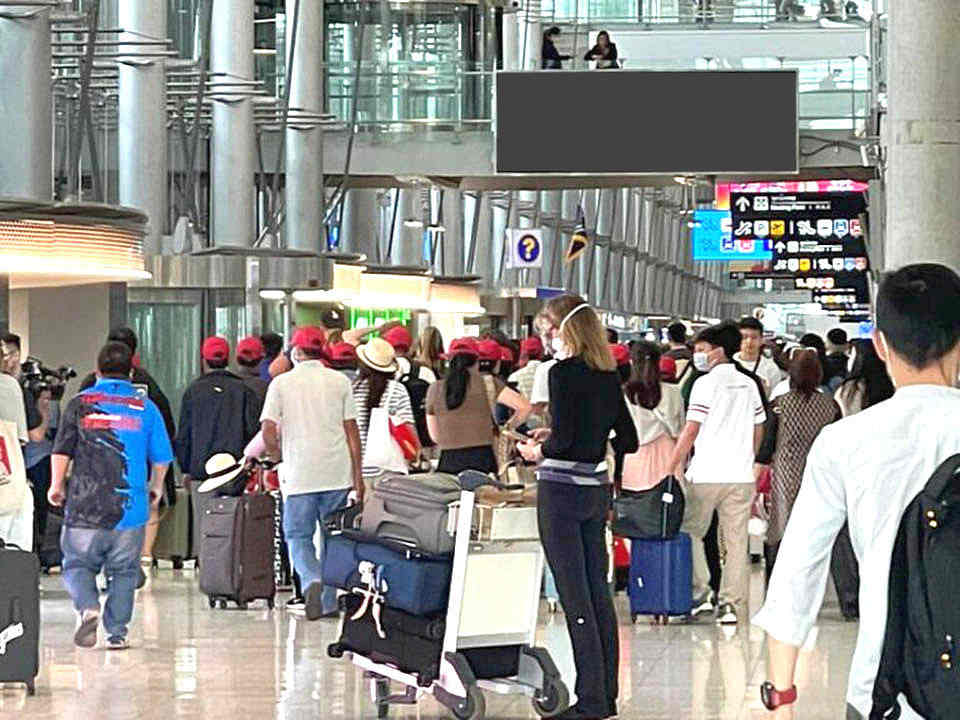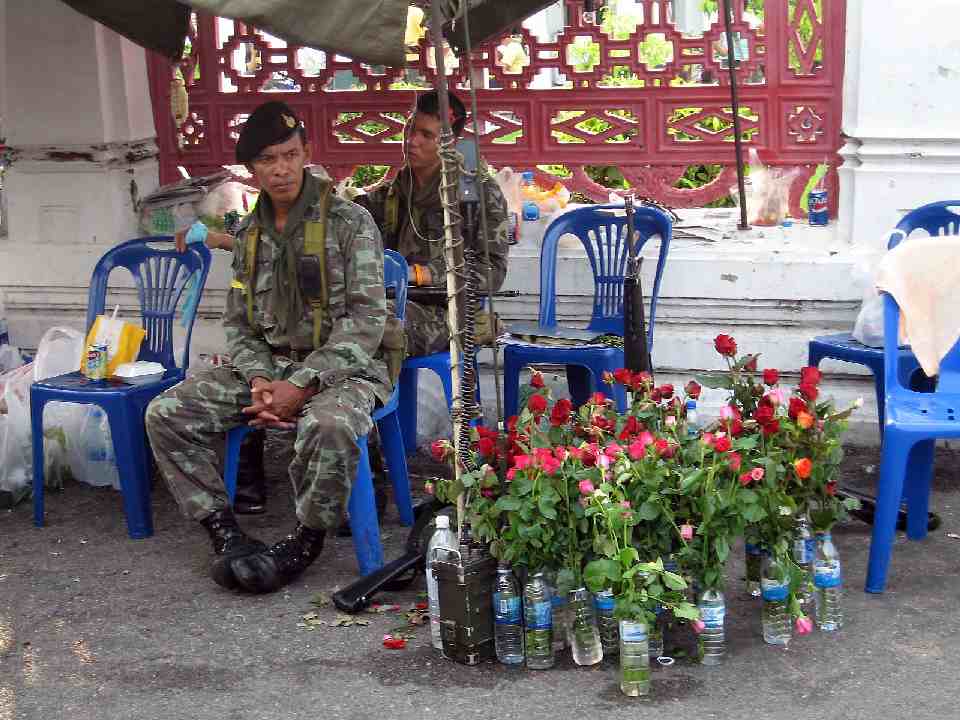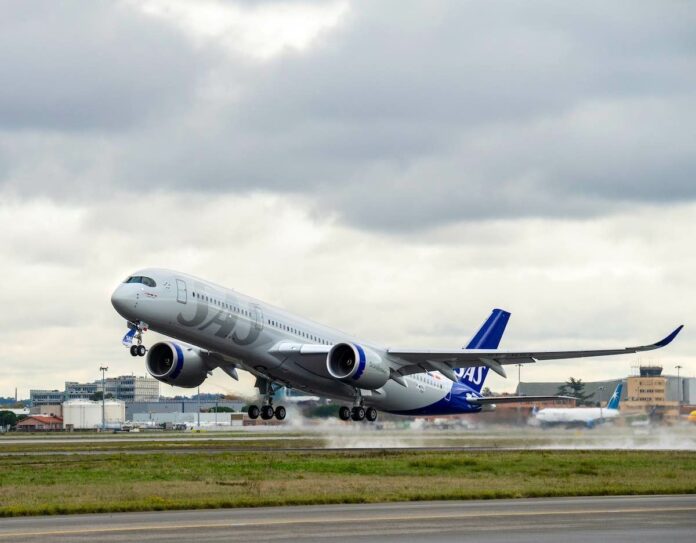
The extension of visa-free travel to 93 countries, including all those which are major players in tourism to Thailand, means that the overwhelming majority of foreign holidaymakers can obtain 60 days just by turning up. Nationals of those countries still needing a prior visa – for example Haiti, Pakistan, the Central African Republic, El Salvador, North Korea – send few vacationers in any case.
The mammoth question for the 93 countries is now extensions and repeat performances. In other words, can these tourists extend their 60 days for another month at local immigration and can they do a border hop to start all over again? Nobody can confirm either possibility and a phone call to 1178, the immigration hotline, brought no clarification. That's not surprising as the new visa rules for visitors were introduced by the foreign affairs ministry, whilst internal extensions are the responsibility of the immigration bureau, a totally separate and fiercely independent government bureaucracy.
The new Destination Thailand Visa (DTV), so far, is incomplete. We know is a multiple entry visa, valid for 5 years and aimed largely at remote workers and digital nomads, for a maximum stay of 180 days with an extension of another 180 days. The cost is 10,000 baht (around US$270) per half-year with a security bond of 500,000 baht available. Some social media contributors have stated this visa can be used only twice in five years, 180+180 days as it were, whilst others have declared you can live in Thailand for the entire five years as an alternative to the Elite visa or the annual extension of stay based on retirement. Neither extreme makes any sense.
There is very little news in the new policy for existing expats, apart from a temporary reduction in medical insurance required by some (not all) holders of retirement visas and their subsequent extensions of stay. However, there is an intriguing reference in the ministry of foreign affairs' news release that the number of non-immigrant visas available will be drastically cut. The detail, once again, is guesswork but could include visas and extensions for retirees, foreigners married to Thais, work permit holders and international students being updated. Will the well-known difference between the 800,000 baht requirement for retiree visas and the 400,000 baht for married foreigners survive?
Not mentioned in the DTV news release, is the awesome elephant in the room. That's the requirement, already stated by the Thai Revenue authorities, for all foreign tax residents to register by early next year for possible personal income tax on overseas income. A tax resident spends more than six months in Thailand in the calendar year. If the Thai government is serious about encouraging expat numbers in Thailand, it should issue an unambiguous statement that foreign income or pensions already taxed will in the home country will not be subject to further inquiry in Thailand. The sense of relief would be audible from the Myanmar border to the southern islands beyond Phuket. But don't hold your breath.


























